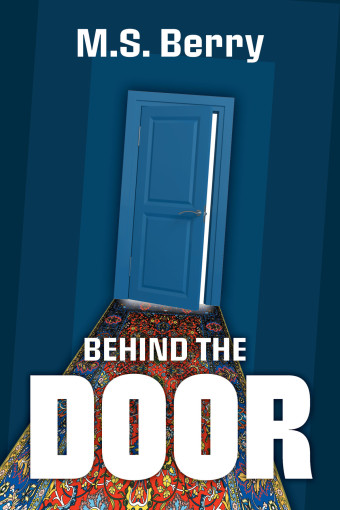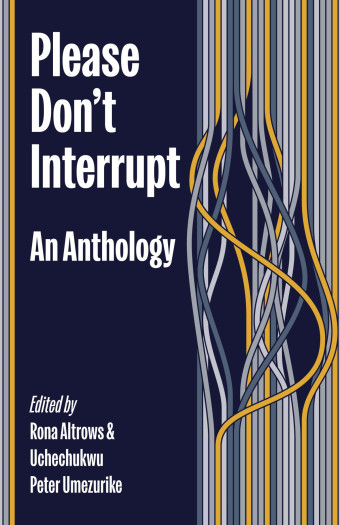The Mennonite influence in Manitoba runs deep, and that’s reflected in Shelterbelts by illustrator and cartoonist Jonathan Dyck. This collection of graphic short stories, which were originally published as individual comics, weaves together a narrative set in a fictional town that feels quite familiar.

- Shelterbelts
- Jonathan Dyck
- Conundrum Press
- $20.00 Paperback, 224 pages
- ISBN: 978-17-72620-68-9
Frankly, it feels like this place could easily be real.
For anyone not from the region, the title might be confusing. Most people who were born and raised on the Canadian Prairies, though, have probably heard of shelterbelts at least once in their lives. For those who haven’t, Dyck explains them quite well.
“Shelterbelts are treelines that act as windbreaks across the Prairies, and they’re one of the organizing metaphors for the book.”
Dyck also points out the significance these subtle Prairie icons play, from a cultural perspective as well as a narrative one. “Shelterbelts have become a crucial part of the Prairie ecosystem but are, at the same time, stark reminders of settler-colonialism and the disappearance of the tall grass prairie,” he says.
“Each story has its own way of engaging with those historical conditions – some more subtly than others. I think of each story as a kind of shelterbelt.”
This collection comprises a series of stories that stand on their own but are interconnected on a much deeper level. Dyck says he realized, “They could be stronger if they were more intertwined – if they spoke to each other, and each story could help complicate another. I began to see it less as a linear series of events and more as a constellation.”

The book hinges on a fictional Mennonite community in southern Manitoba where the traditional and the progressive end up butting heads over major changes. This is a conversation that rural centres have been engrossed in for years, and Dyck does a superb job of reflecting it.
As it turns out, there’s a good reason for that. “I live in Winnipeg but still spend a lot of time with my family south of the city,” he says.
And Dyck knows the topics – 2SLGBTQ+ inclusion, Indigenous land rights, the Mennonite legacy of pacifism – that concern his family and community.
“The stories started out as experiments – I’d take up an issue or a conversation that seemed to reflect something specific about rural Mennonite life, as I’ve experienced it here in Manitoba – and expand from there,” he says.
In addition to exploring current issues, these stories have a definite element of autobiography. “Most of these stories draw on aspects of my own experiences,” says Dyck. “I grew up on a farm, I’m a pastor’s kid, and so on. More importantly, I’m still part of the communities I represent in these stories, and I am still somewhat accountable to them.”
Because of that, the narratives he has created feel tangibly real and easy to connect to, even for people who have never set foot in this part of Canada.
Ultimately, Dyck knows that everyone will take away something different from Shelterbelts, which works for him. “I’m grateful for whatever time people spend with this book,” he says, “and I’m looking forward to seeing where readers take it.”













